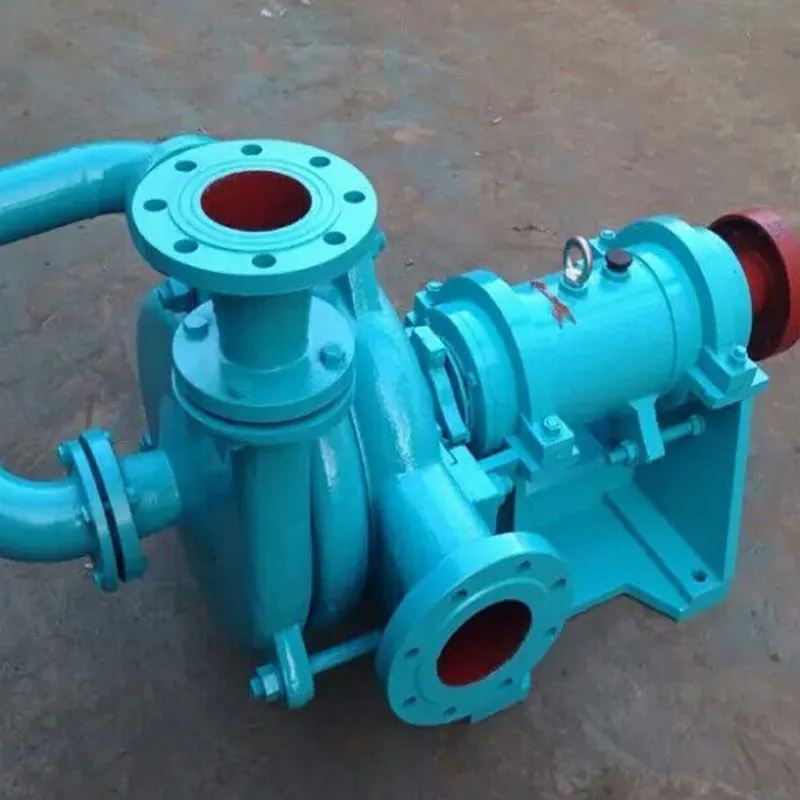English
- Afrikaans
- Albanian
- Amharic
- Arabic
- Armenian
- Azerbaijani
- Basque
- Belarusian
- Bengali
- Bosnian
- Bulgarian
- Catalan
- Cebuano
- Corsican
- Croatian
- Czech
- Danish
- Dutch
- English
- Esperanto
- Estonian
- Finnish
- French
- Frisian
- Galician
- Georgian
- German
- Greek
- Gujarati
- Haitian Creole
- hausa
- hawaiian
- Hebrew
- Hindi
- Miao
- Hungarian
- Icelandic
- igbo
- Indonesian
- irish
- Italian
- Japanese
- Javanese
- Kannada
- kazakh
- Khmer
- Rwandese
- Korean
- Kurdish
- Kyrgyz
- Lao
- Latin
- Latvian
- Lithuanian
- Luxembourgish
- Macedonian
- Malgashi
- Malay
- Malayalam
- Maltese
- Maori
- Marathi
- Mongolian
- Myanmar
- Nepali
- Norwegian
- Norwegian
- Occitan
- Pashto
- Persian
- Polish
- Portuguese
- Punjabi
- Romanian
- Russian
- Samoan
- Scottish Gaelic
- Serbian
- Sesotho
- Shona
- Sindhi
- Sinhala
- Slovak
- Slovenian
- Somali
- Spanish
- Sundanese
- Swahili
- Swedish
- Tagalog
- Tajik
- Tamil
- Tatar
- Telugu
- Thai
- Turkish
- Turkmen
- Ukrainian
- Urdu
- Uighur
- Uzbek
- Vietnamese
- Welsh
- Bantu
- Yiddish
- Yoruba
- Zulu
Telephone: +86 13120555503
Email: frank@cypump.com
Nov . 10, 2024 17:44 Back to list
OEM Manufacturing of Durable Horizontal Slurry Pumps for Various Industrial Applications
OEM Horizontal Slurry Pump Factory A Comprehensive Overview
In the realm of industrial operations, the significance of efficient fluid transfer cannot be overstated. One of the most critical components in such applications is the slurry pump, particularly the OEM (Original Equipment Manufacturer) horizontal slurry pump. As an essential tool in many sectors including mining, construction, and waste management, these pumps are designed to handle abrasive and corrosive slurries that are often encountered in industrial processes.
An OEM horizontal slurry pump factory specializes in the design, manufacturing, and supply of these pumps. The term 'OEM' indicates that the factory not only produces pumps under its own brand but also manufactures for other companies that brand them under different names. This dual approach allows for greater flexibility in serving various market segments while adhering to strict quality standards.
Design and Engineering Excellence
The manufacturing process begins with meticulous design and engineering. Engineers and designers at an OEM horizontal slurry pump factory leverage advanced software and simulation tools to optimize pump performance. Factors such as pump size, material selection, and hydraulic design are carefully considered to ensure robust construction capable of withstanding harsh operational environments.
For horizontal slurry pumps, particularly, the design often features a horizontal orientation of the pump casing which aids in the ease of maintenance and installation
. The pumped slurry enters the pump from the top and is discharged at the side, reducing the risk of air pockets and ensuring efficient performance.Material Selection and Durability
Given that slurry often consists of particles that can be abrasive, the durability of the pump materials is a key concern. Pumps are typically constructed from high-chromium alloys, rubber linings, or other specialized materials designed to resist wear and corrosion. The OEM factory works closely with suppliers to select the best materials that not only provide longevity but also enhance the efficiency of the pumps.
oem horizontal slurry pump factory

Moreover, strict quality control measures are enforced at every stage of the manufacturing process. From the inspection of raw materials to in-process checks and final testing, these measures ensure that each pump meets the stringent requirements before it reaches the customer.
Customization and Flexibility
One of the standout features of an OEM horizontal slurry pump factory is the ability to offer customization. Each industrial operation has unique requirements based on the nature of the slurry being handled and the specifics of the installation site. OEM manufacturers often provide tailored solutions that can include variations in pump size, configuration, and additional features such as variable speed drives or automation controls.
This level of customization is vital for businesses looking to optimize their operations and achieve more efficient slurry handling. By working closely with clients to understand their needs, OEM factories can develop pumps that not only meet but exceed operational expectations.
Sustainability and Innovation
In recent years, there has been a growing focus on sustainability within the manufacturing sector. An OEM horizontal slurry pump factory often incorporates energy-efficient designs and manufacturing practices that reduce waste and lower overall energy consumption. Innovations such as wear-resistant coatings and improved hydraulic designs contribute to longer pump life and lower life-cycle costs, which are significant aspects of eco-friendly practices.
In conclusion, OEM horizontal slurry pump factories play a vital role in various industries by providing durable, efficient, and customizable pumping solutions tailored to meet the demands of handling abrasive and corrosive slurries. Through advanced design, quality materials, customization capabilities, and a focus on sustainability, these factories ensure that their products not only fulfill immediate operational needs but also contribute positively to broader environmental goals. As industries continue to evolve, the role of these specialized manufacturers will undoubtedly become even more critical to maintaining operational efficiency and productivity.
-
ISG Series Pipeline Pump - Chi Yuan Pumps | High Efficiency, Durable Design
NewsAug.01,2025
-
Advanced Flue Gas Desulfurization Pump with GPT-4 Turbo | Durable & Efficient
NewsJul.31,2025
-
ISG Series Vertical Pipeline Pump - Chi Yuan Pumps | Advanced Hydraulic Design&Durable Construction
NewsJul.31,2025
-
ISG Series Vertical Pipeline Pump - Chi Yuan Pumps | Energy Efficient & Low Noise
NewsJul.31,2025
-
pipeline pump - Chi Yuan Pumps Co., LTD.|High Efficiency&Low Noise
NewsJul.31,2025
-
ISG Series Vertical Pipeline Pump - Chi Yuan Pumps Co., LTD.|High Efficiency, Energy Saving, Low Noise
NewsJul.30,2025










